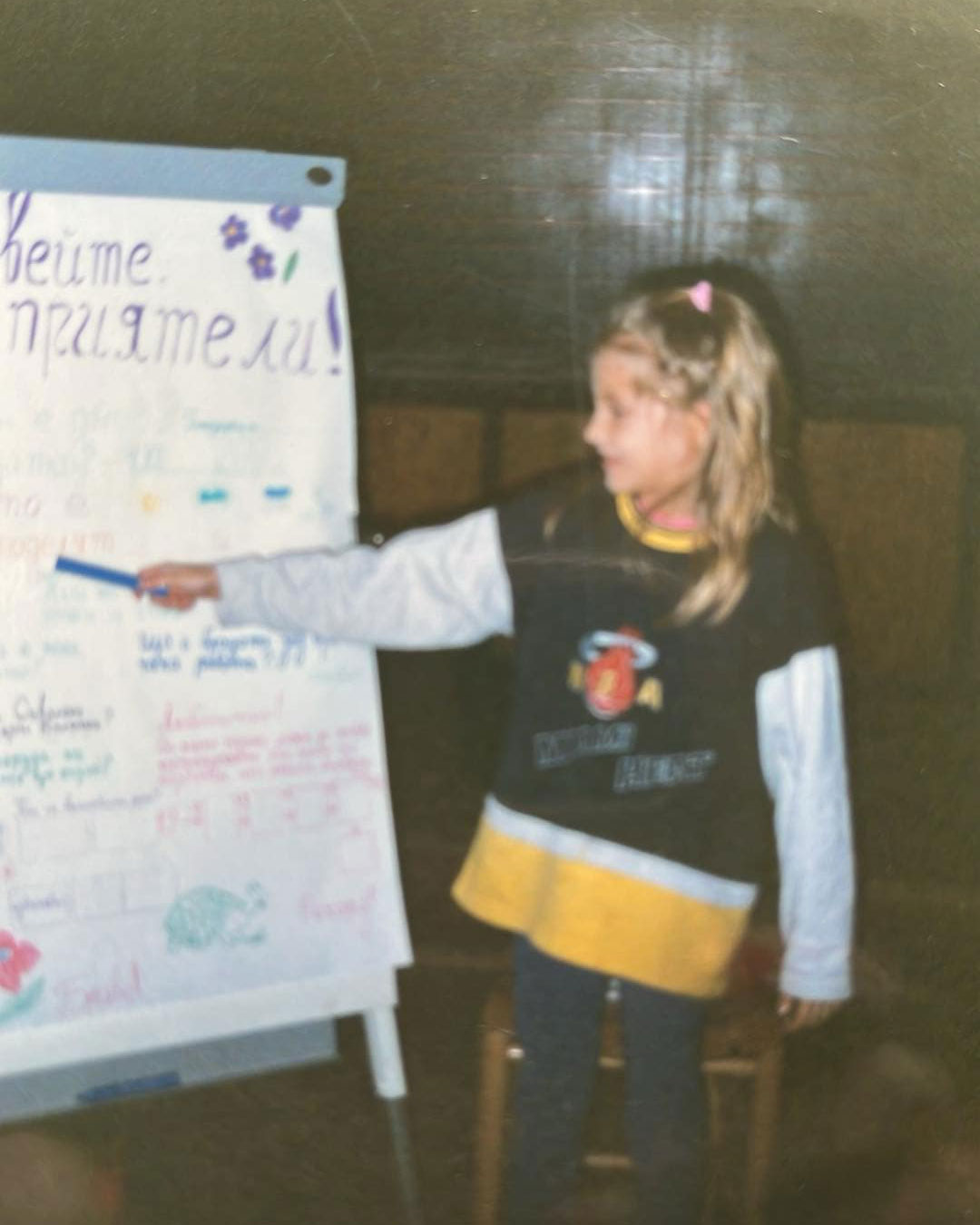No such thing as bad publicity?
For many years, we’ve heard the claim that there is no such thing as bad publicity. If people are talking about you, it doesn’t matter how you’re portrayed as long as you gain popularity. This has been the case in Bulgarian pop culture forever, and nobody seemed to bat an eye.
Most recently, a local pop-folk singer posted a photo on her Instagram account showing herself snorting a white powder from the armrest of her car. The post was a paid partnership with an energy dust brand. You read that correctly – a new pulverised energy drink designed to be taken through the nose. If that alone wasn’t concerning enough, the same singer was arrested for DUI several months ago.
So, let’s be clear on something: there most definitely is such a thing as bad publicity. No matter how little respect you have for your brand, there are things you just shouldn’t do. Leaving aside the purely product-related characteristic of how it was designed to be consumed.
Regardless of how you, as a brand owner/manager, perceive your product or service, you do not associate it with people who have recently been caught breaking the law. There are quite a few similar examples, even on a local scale. TV celebrity chef Andre Tokev was also arrested and tried for drunk driving and lost his Ariel detergent endorsements. Singer/Podcast host Toto was publicly lynched for laughing at one of his guests’ domestic violence story and thus lost his Pepsi sponsorship. But these are brands with values and principles, and even they had to take urgent actions to avoid being cancelled by their consumers.
Here’s the significant difference between brands and simple companies that just have a logo. They think small and have the mindset of „Let’s shock people and make them talk about our product; that’s great marketing, and huge sales will follow“.
The aforementioned Sniffbull energy powder company will be fined €15 000 by the Consumer Protection Commission. However the reason behind this fine turned out to be far more mundane – the company failed to provide its website with an address, nor did they have an order cancellation form.
There is an overall impression on the Bulgarian market, which seems to combine the mass showing of poor taste by advertisers with the growing sensitivity of the public to important topics. With the rise of generations Y and Z as the main buying force, brands will have to carefully consider their positioning and the ways they are trying to reach their respective audiences. A quick overview of the landscape in the past couple of months shows a very poor display from another local detergent brand that decided to hand out laundry product samples during the premiere of the movie It Ends with Us which addresses subjects such as abuse and domestic violence; a window cleaning product with a social media post stating „Who needs therapy when you could just clean at home?“; and a wide array of poorly phrased and even more poorly designed betting Out-of-home ads.
There is such a thing as bad publicity and bad advertising, and we all have a responsibility against it.
Our responsibility as a society is to react strongly against poor taste. This way, we help guide those who consume ads and their products or services.
Our responsibility as marketers and creators of communication is to guide brands, regardless of their positioning, through the temptations of scandalous forms of expression for the sake of newsworthy outrage.






